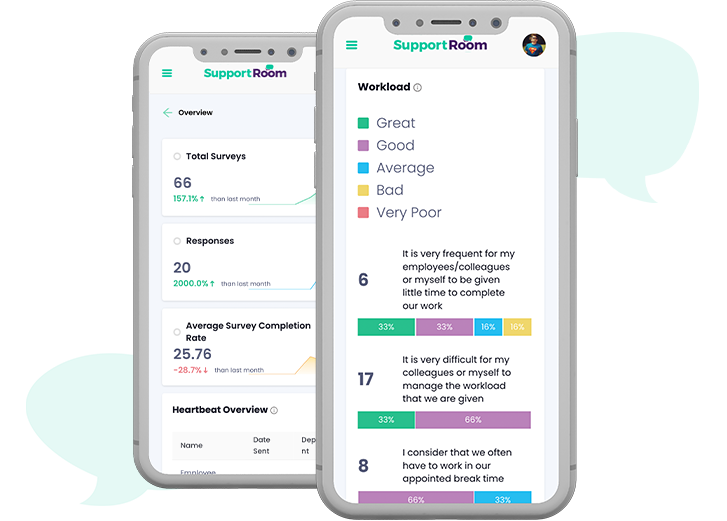Eating Disorder Online Treatment
Do you feel insecure about your appearance? Do you think about dieting all the time? Maybe you spend an inordinate proportion of the day worrying about your weight and appearance? These can be signs of eating disorders.
These worries tend to lead to eating disorders, and can lead to serious physical- and mental health problems.
Eating disorders can trouble both men and women and relate to a range of negative behaviours and attitudes towards food and eating.
If you find that you make unhealthy choices such as extreme food restriction, obsessive calorie counting, purging (vomiting), or over-exercising, these could be signs that you’re suffering from an eating disorder.
Do I have an eating disorder?
There’s a range of eating disorders from Anorexia nervosa (where you aim to keep your body weight as low as possible; by restricting diet and over-exercising) to Bulimia (bingeing and purging) or Binge Eating Disorder (uncontrollable eating).
Sometimes, a person’s eating disorder “profile” doesn’t match an exact definition of anorexia, Bulimia, or Binge Eating Disorder. Those cases are referred to as EDNOS (Eating Disorder Not Otherwise Specified).
Regardless of the label, an eating disorder represents a severe health threat and needs to be addressed.
If you’re concerned that you’re suffering from an eating disorder, you’re doing exactly the right thing by reading our webpage. We’re here to help, and you’ve just made the first step towards your recovery.
What are the symptoms & signs of eating disorders?
The common signs of eating disorders are:
- A negative perception of your body (even though people try to reassure you)
- Continual weigh-ins
- Distressing dissatisfaction with specific body parts
- Dietary restriction (minimising calorific intake)
- Compulsion to exercise (and guilt if you don’t)
- The need for perfection
- Bingeing and purging
- A fear of becoming fat
- Excessive eating
If a number of those descriptions hit home and feel familiar, you might be heading towards (or experiencing) an eating disorder.
Very few people overcome eating disorders on their own; it’s often too difficult to resist the triggers that cause a relapse.
But you’re not alone. There’s help available. And you’re doing the right thing by researching the condition.
What to do if you think you have an eating disorder
Seeking help is the first step to overcoming the triggers that set you down the destructive path common to eating disorders. Seeking help is never a sign of weakness; it’s a sign of inner strength and a resolve to overcome this tricky situation that is most likely affecting your relationships, prospects, and wellbeing.
Together, we’ll find the right approach to treatment to help improve your life for good.

Gain FREE access to Heartbeat
Get a free Heartbeat Survey.
Let us uncover the true state of your team’s wellbeing with a free mental health survey for your entire organisation.
Gain valuable insights to see how you can better support your team’s mental health and performance.
No pitch. No credit card required.
Interested in learning more and how Support Room can help you?
Get face-to-face, online help from a highly-qualified therapist who can help you regain control.
Did this information on Eating Disorder help you?
If you’re interested in seeing more information related to mental health in the workplace, check out our monthly white papers. These will be shared regularly on our website, alongside our blog posts on key mental health topics.

